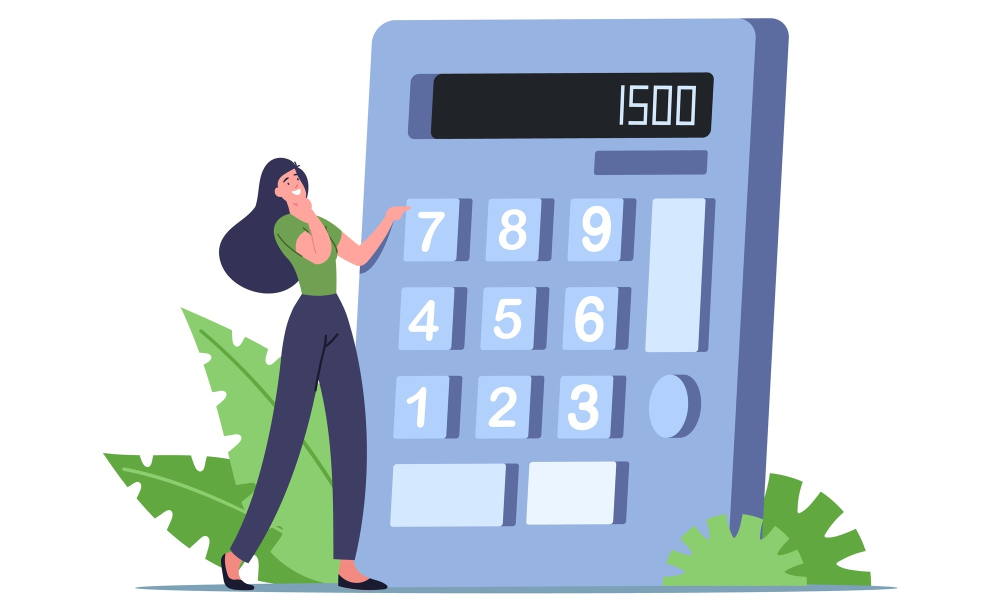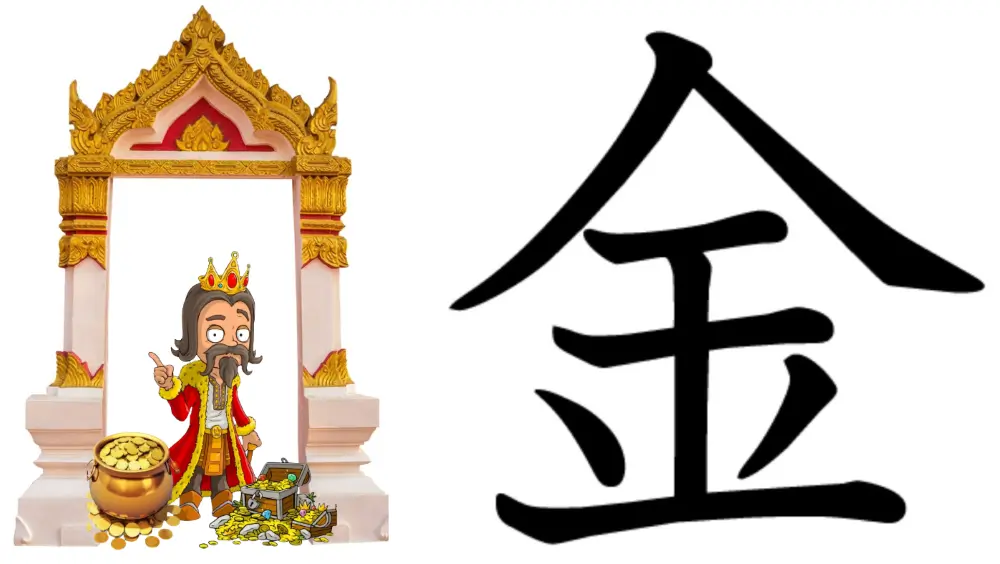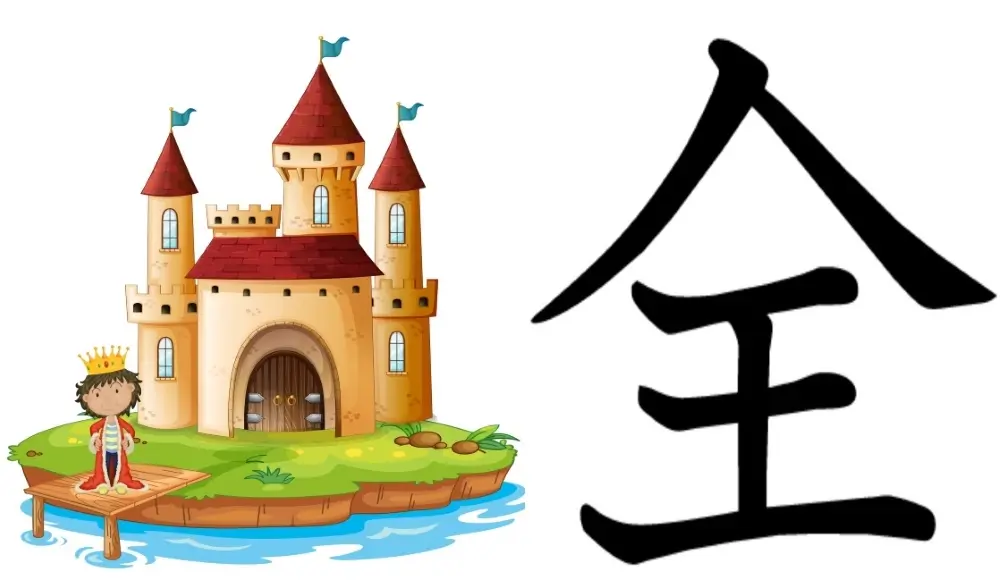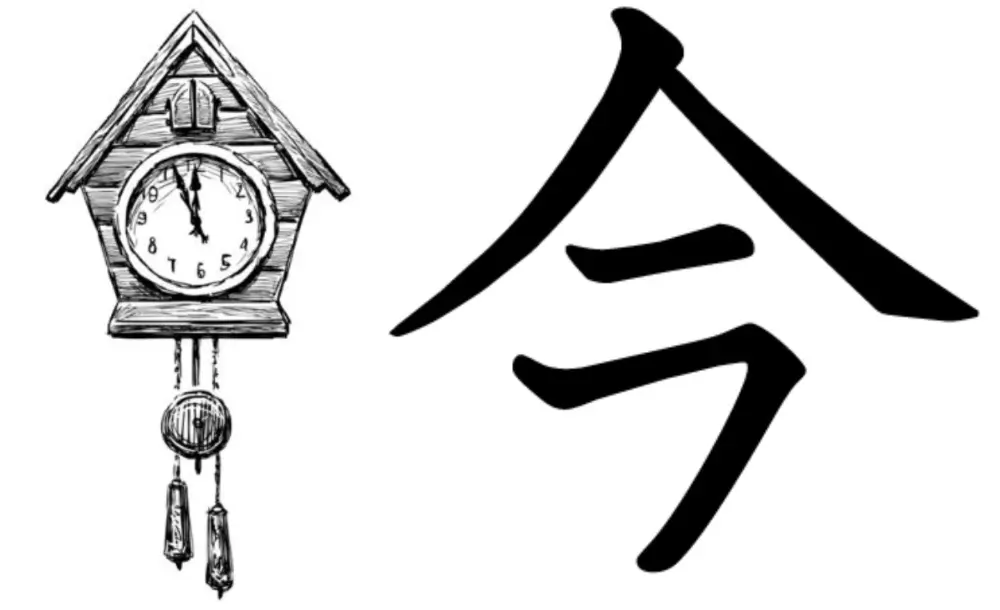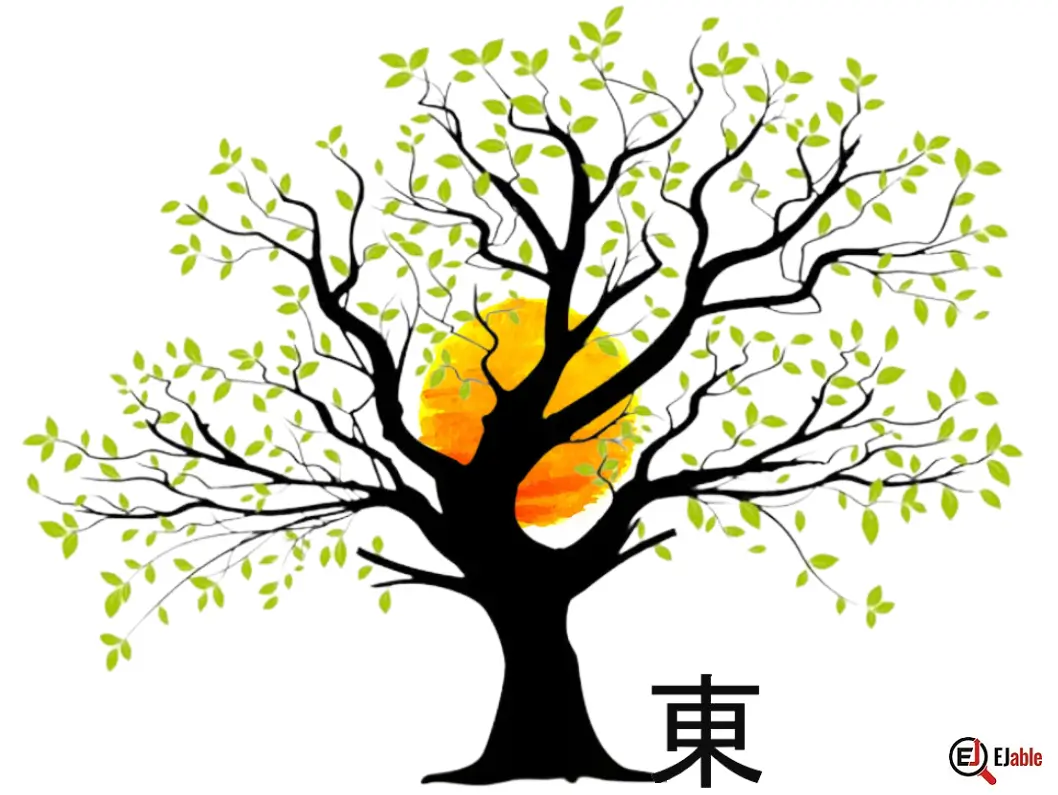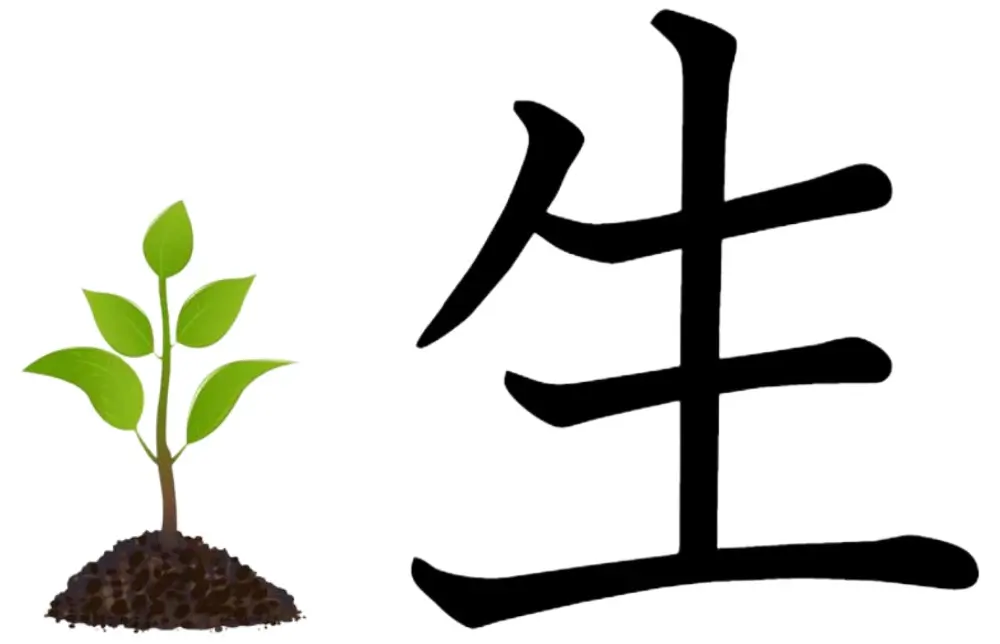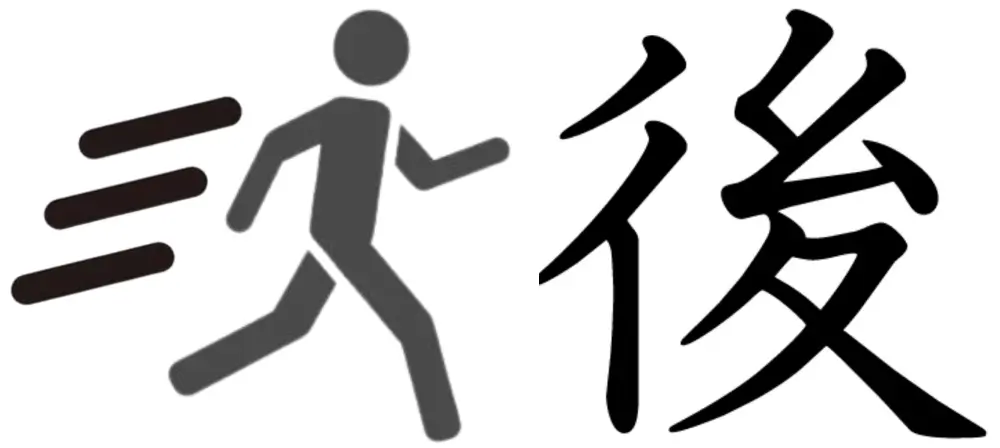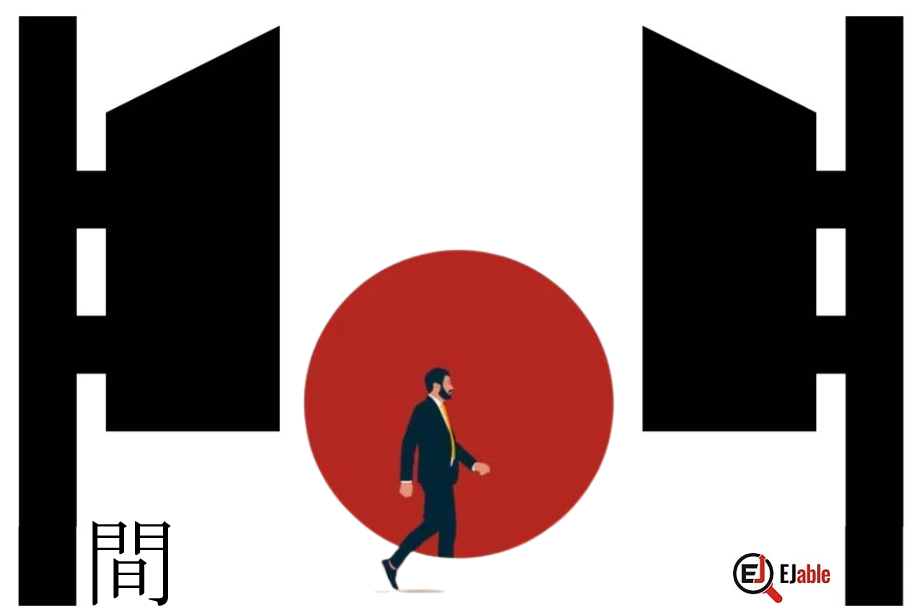Japan: Net Income Calculator and Taxes
When you apply for a job in Japan or change jobs here, like anywhere else, the employer will offer you a gross salary package. However, though the gross salary package can give you a feel-good factor, would that be enough for your financial planning? Wouldn’t you wonder how much your net income or take-home salary will be? To help you
Continue reading
